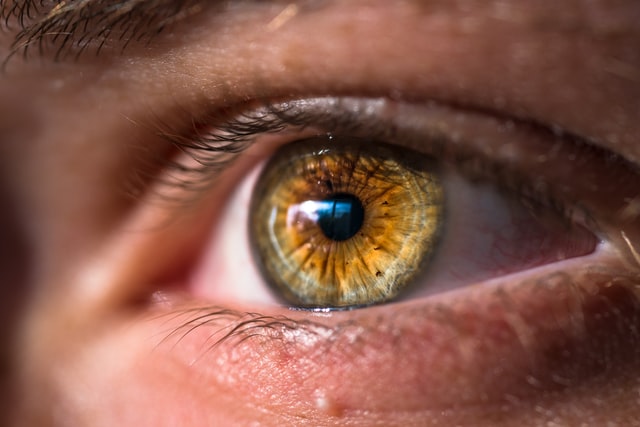Springtime can bring so many good memories to mind. Warmer weather, fresh wildflowers blooming, bright colors, and outdoor activities. In the Lowcountry, it means the Flowertown Festival is around the corner. The bright pinks of the Azalea bushes will be coloring every corner of town.
These are all telltale signs of spring has sprung can be an incredibly unpleasant time of year for allergy sufferers. One of the most affected parts of the body by allergies are the eyes. Here are a few ways to cope during this time of year.
Helpful Tips
- Avoid Allergens – some ways you can avoid allergens could be to change your HVAC filter more often, or even get a filter specifically made to filter out allergens. You can check the pollen levels outside using your weather app on your phone, if the pollen level is high keep the windows of your home closed. Cleaning your home more frequently can help because pollen travels fast. A shower before bed will make sure you don’t track any pollen into your bed with you. It is also a good idea to wipe down pets when they come in from the outdoors and wash them more often during the pollen season.
- Don’t wear contacts – contacts can get irritated more easily by allergens so switching to glasses just for the season can help to alleviate some symptoms.
- Wash your hands and face – this is similar to cleaning your home and showering before bed. If you are washing your hands and face more often, you will be getting rid of the pollen you have tracked in.
- Wear sunglasses – while we have discussed many reasons why sunglasses are a good idea, in this instance, sunglasses can keep pollen from getting directly in your eyes while you are outside.
Tips to Soothe Your Eyes
- Eye drops – since allergens can cause your eyes to dry out, they can get in your eye. Eye drops can help to keep your eye lubricated as well as help to flush out any allergens stuck in there.
- Cold Therapy – using a cold compress to help with the symptoms. You can just wet a clean, soft cloth and leave it in the fridge for about 15 minutes. Then gently apply to your eyes for some much-needed relief of redness and puffiness.
Of course, if your allergies are still not under control while following these steps, give us a call. We will be able to determine if medication is needed to keep your allergies at bay.
We hope everyone stays comfortable during this pollen season!


